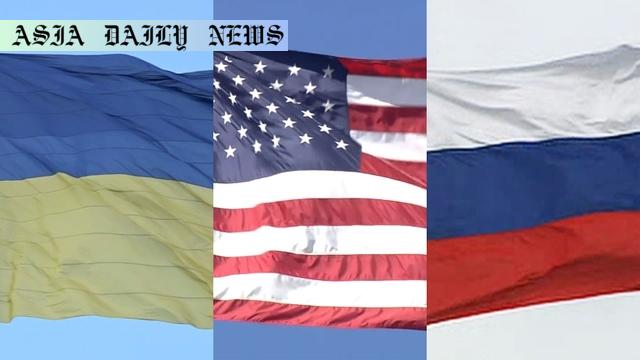Black Sea agreements: Zelenskyy strongly criticized Russia for distorting the terms of US-Ukraine safe navigation deals.
- Russia is attaching conditions to Black Sea agreements involving the US and Ukraine.
- Zelenskyy criticized Russia’s attempt to distort the terms of the agreements.
- Pending agreements include access to Ukraine’s mineral resources under a US-proposed deal.

Introduction: Tensions Around Black Sea Agreements
Ukrainian President Volodymyr Zelenskyy has strongly criticized Russia for attaching conditional demands to ongoing agreements concerning the Black Sea. These agreements, facilitated by the United States, aim to ensure safe maritime navigation and prevent the use of force in the region, which has become a focal point of geopolitical tension. However, while the White House announced progress on these negotiations, the Kremlin demands the lifting of specific Western sanctions before Russia fully cooperates.
Zelenskyy’s Position: Denouncing Russia’s Tactics
In an address released on Tuesday, Zelenskyy expressed sharp disapproval of Russia’s attempts to renegotiate the terms of these agreements. He accused Moscow of distorting the framework of the arrangements, undermining the trust necessary for successful cooperation. His frustration reflects Ukraine’s growing concerns surrounding Russia’s influence in international discussions and its evolving strategies to pressure sanctions relief.
US-Ukraine Relations and New Agreement Talks
Adding another dimension to the agreements, Zelenskyy revealed that the United States has proposed a new version of a deal that would grant access to Ukraine’s mineral resources. Though negotiations are not finalized, he described the draft proposal as a “large, complete agreement.” Many perceive this development as a strengthening of the US-Ukraine alliance, demonstrating the nations’ mutual interest in economic collaboration and strategic partnerships. Nevertheless, such proposals bring complexities to the table, weighing Ukraine’s sovereignty with international cooperation.
Observations and Broader Implications
Observers stress that this situation highlights the ongoing power dynamics between Russia, Ukraine, and Western nations. While Zelenskyy showed optimism about upcoming talks with the US, the delayed agreements signal broader geopolitical challenges. Russia’s demand for sanction repeals has implications beyond the Black Sea region, reflecting its strategy of leveraging diplomacy to alleviate economic pressures stemming from Western sanctions. Meanwhile, Ukraine’s willingness to negotiate reflects its reliance on international partners for security and economic growth.
Conclusion: Preparing for Future Diplomacy
As the situation continues to unfold, it underscores the fragility of international agreements amidst geopolitical rivalries. Zelenskyy has taken a firm stance against Russia’s actions while showing openness to deeper cooperation with the United States. The success of these talks—both with Russia and the US—will set a significant precedent for future diplomatic relations, not only for Ukraine but for the broader region.



Commentary
Examining the Root of Ukraine-Russia Tensions
The current tensions over Black Sea agreements sharply underline the complexities of the Ukraine-Russia conflict. Russia’s conditional agreements are not a new phenomenon; they represent a broader trend in its strategic behavior—leveraging participation in global negotiations to alleviate the weight of Western sanctions. From Crimea to the present disputes, Moscow has often utilized calculated diplomacy to assert its geopolitical interests. Zelenskyy’s criticism reflects not only frustration but a determined attempt to rally international support against such maneuvers.
US and Ukraine: Strengthening Alliances
The involvement of the United States further adds weight to these negotiations. Washington, under recent administrations, has taken steps to deepen ties with Ukraine, underscoring shared interests in combating Russian aggression. The US-proposed agreement granting access to Ukraine’s mineral resources highlights both nations’ recognition of their respective strategic value. However, such partnerships also place greater scrutiny on Ukraine’s ability to manage its natural resources without compromising sovereignty.
Looking Ahead: Challenges and Opportunities
As Zelenskyy prepares for upcoming discussions, the challenges facing Ukraine remain immense. Balancing resource diplomacy with its sovereignty while addressing ongoing tensions with Russia requires careful planning and strategic foresight. Yet, these situations also present opportunities—for Ukraine to bolster its international standing, for the US to affirm its leadership, and for the world to take a unified stance in promoting stability and peace in volatile regions like the Black Sea.
Conclusion
While the path forward is fraught with challenges, Zelenskyy’s firm stance and openness to cooperation signal determination. It is a critical period where diplomacy will play a key role in shaping the future of the Black Sea region. Observers globally should keep a close eye on these developments as they unfold.